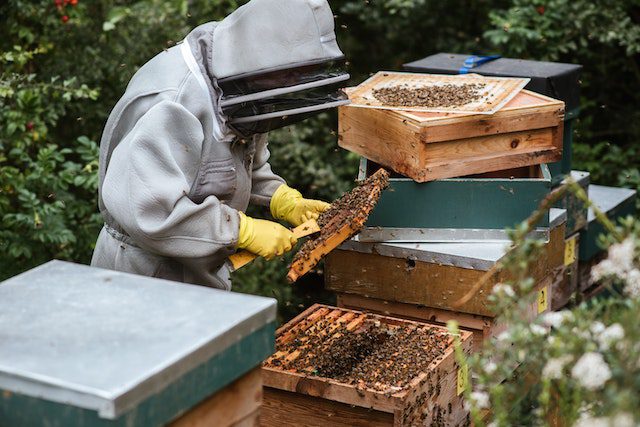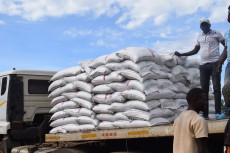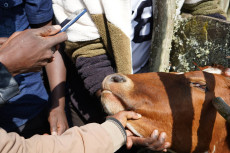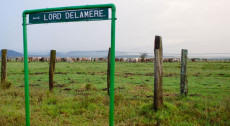- Beekeeping, one of the most overlooked agricultural goldmines, is silently thriving while the world looks the other way.
- Beekeeping is a simple yet powerful venture that offers income, supports farming, and protects the environment, all from a small space.
In the race for wealth and success, many chase loud industry and flashy ventures, yet few stop to notice the quiet buzz opportunity in the trees. Beekeeping, one of the most overlooked agricultural goldmines, is silently thriving while the world looks the other way.
With little land, minimal investment, and massive potential, this ancient craft may just be the future the youths are searching for. Beekeeping is not just about honey; it's about livelihoods, food security, and environmental balance.
In a time when youth unemployment is rising and climate change is hurting crop yields, beekeeping offers a low-cost, high-return solution. With just a few modern hives and proper training, a farmer or youth entrepreneur can earn thousands of shillings each season.
Honey never goes out of style and is always in demand, both domestically and internationally. Additionally, bees have a subtle but important function in agriculture.
Bees are one of the most significant pollinators, moving pollen from the male stamen to the female pistil of flowers, which is necessary for fertilization and seed development.
Read More
Bees also aid in the reproduction of crops like nuts, fruits, and vegetables. In actuality, pollination is necessary for one-third of the food we consume.
When bees thrive, farms flourish. The economic value of bee pollination to agriculture is substantial, with many estimates suggesting it could cost billions of dollars to manually pollinate crops.
Beyond pollination, bees also produce valuable products like honey, beeswax, and royal jelly, which have various uses in food, cosmetics, and medicine. Bees are part of the broader biodiversity that is essential for a healthy ecosystem and a stable food supply.
Bees also play a role in maintaining the health of the ecosystem by ensuring that plants can reproduce and thrive. One of the most attractive features of beekeeping is that it doesn't require large farmland.
Unlike maize, sugarcane, or livestock that demand access to space and constant supervision, bees are surprisingly space-efficient and self-reliant. A single modern beehive takes up less than one square meter of land.
You can keep multiple hives in a small backyard at the edge of a farm or even on the rooftop of a building as long as the area is safe, quiet, and has access to flowering plants and water. Unsurprisingly, many successful beekeepers combine bees with other farming activities.
Placing hives near crops like mangoes, avocados, sunflowers, or beans boosts pollination and increases yields, making your bees work for you twice: by producing honey and by enhancing your harvest.
Beekeeping is a simple yet powerful venture that offers income, supports farming, and protects the environment, all from a small space.
With minimal resources, anyone can turn a few hives into a source of steady profit and purpose. Sadly, many still overlook its potential.
It's time to see beekeeping for what it truly is, not just honey production but a path to sustainability, empowerment, and a better future - one hive at a time.











